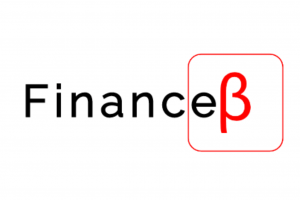What is Equity Financing?
Equity financing is when a company seeks external funding from investors through the issue of shares, normally in the form of common stocks. Unlike debt financing which involves borrowing of funds.
Common stock shareholders gain voting rights in the board of directors.
This means they have some control in the operations of a company as they are involved in the decision making process.
Generally, one common stock implies one voting right.
Thus, equity financing involves a company offering up some part of its ownership in exchange for funding.
Formal equity financing is normally accompanied by a top-notch prospectus that include include company profile and purpose of the funds — well articulated and detailed to meet not only the expectations of the company but also of the equity financier.
5 Pros of Equity Financing (Advantages of Using Equity to Fund a Business)
- A company would not be obligated to pay back the amount borrowed.
This is a huge benefit especially for start-ups. - If the company has issues with credit outlook or lacks potential cash flows to back loan financing proposals, then equity funding provides a better preference.
- Invaluable gain from the exposure to equity partners that could positively impact the growth of the business, as they can share their experience and expertise from past projects.
They could also add more funds to the business as the potential grows. - Equity financing enables the company to increase its growth factor as well as find more ways of meeting income and revenue targets through exploration in more research and development.
- Gaining equity funding also shows that the business’s potential is viable enough that someone (individual/corporation) was willing and able to finance it.
6 Cons of Equity Financing (Disadvantages of Companies Using Equity Funding)
- The business gives out a portion of the company in return and thus the percentage ownership in the business is diminished; that is, dilution of shares.
- Share financing also takes away some part of management decisions in the board of directors.
- Sharing of profits and income generated from the business is expected and required by the investors who financed the company as return on investments; this could be in the form of dividends.
- It becomes a burden when too much time and money is spent in the process of seeking and acquiring an investor, this is because of the processes and procedures that are required in the whole process.
- If equity funds is borrowed from friends and/or family, it could cause bad blood between the involved parties if the business, in unforeseen circumstances does not succeed.
- Equity financing may cause conflicts when making business decisions, as decisions of new investors and ways of operations may not always be aligned to the company’s culture, management styles, etc.
Explore more of our content by following the links below;
- Evolution and History of the Foreign Exchange Market: A Journey Through Time
- What Is Forex Trading? (Foreign Exchange Intro)
- Managing Financial Investment Risks by Exploring Mutual Funds
- Diversifying Your Investment Portfolio by Exploring Government Bonds
- What Is a Smart Contract in Blockchain Technology?



